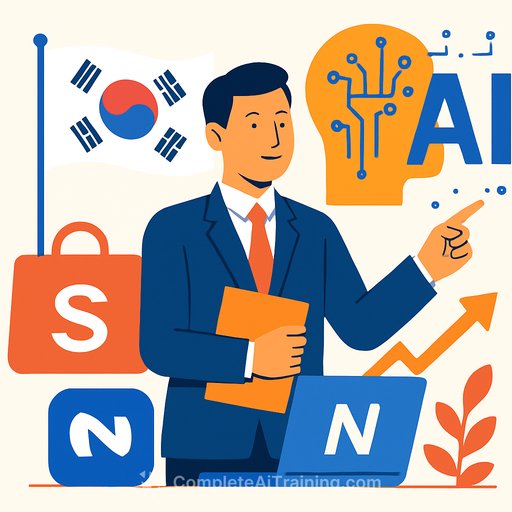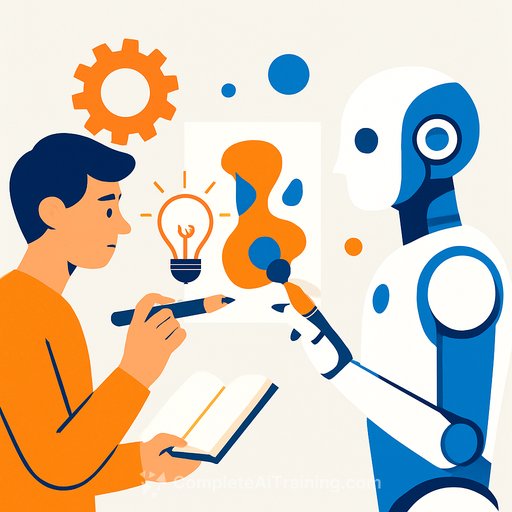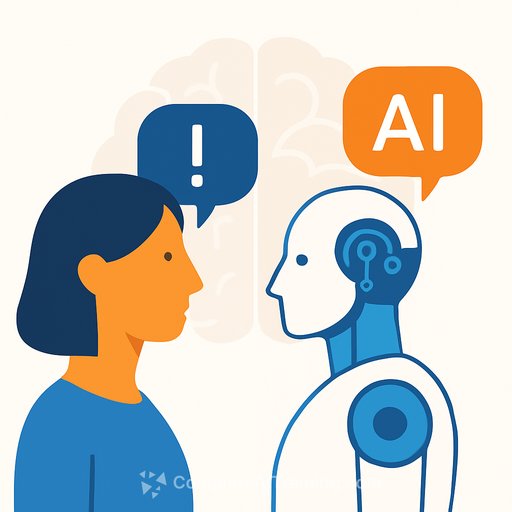South Korea’s Strategic Push into Artificial Intelligence
SEOUL – President Lee Jae Myung has made a decisive move to elevate South Korea’s position in artificial intelligence by appointing Bae Kyung-hoon, an AI expert from LG AI Research, as the new science minister. This appointment signals a focused government effort to advance AI capabilities nationally.
The decision follows the recent appointment of Ha Jung-woo, head of Naver AI Innovation Center, as the first senior secretary of AI and future planning. Ha’s role centers on directing AI investments and shaping infrastructure policies, highlighting the government's commitment to integrating AI into its core development strategy.
Bridging Government and Industry Expertise
Presidential Chief of Staff Kang Hoon-sik emphasized the goal of propelling South Korea into the top three global AI leaders. Both Bae and Ha bring extensive experience from leading Korean tech companies, LG and Naver, reflecting the administration’s approach to blend public leadership with private sector expertise.
Hwang Yong-sik, a professor at Sejong University, noted the necessity of this collaboration. “AI advancement can’t rely solely on government efforts. Private sector involvement is essential for meaningful progress,” he said.
Bae Kyung-hoon: A Career Built on AI Leadership
Bae’s background spans startups and major corporations including Samsung, SK Telecom, and LG. Since 2016, he has played a pivotal role at LG, establishing the LG AI Research think tank and leading projects like the Exaone hyperscale language model.
- Exaone launched commercially in 2023 and its third open-source version released in 2024
- Introduced Korea’s first interference AI model, Exaone Deep, in March 2025
His blend of corporate leadership and government advisory roles gives him a rare perspective on AI governance and privacy, critical for shaping national AI policy.
Urgency and Infrastructure: Keys to AI Progress
Experts stress the importance of swift, informed decision-making in AI development. Choi Byung-ho from Korea University highlighted that “only those with hands-on experience can lead effectively in this fast-moving field.”
Once confirmed by parliament, Bae will oversee the Ministry of Science and ICT, coordinating AI strategy and digital infrastructure policies alongside Ha. Both advocate for developing homegrown AI models that utilize domestic data and infrastructure, aiming to secure sovereign AI capabilities.
Bae previously warned that neglecting sovereign AI development risks losing critical national strategic assets, underlining the need for a deliberate approach.
Infrastructure remains the foundation of AI advancement. This includes data centers, energy systems, supercomputers, GPUs, software, and data resources. Choi pointed out that Korea currently lacks sufficient infrastructure to support global-scale AI models and must address this to keep pace with international developments.
Looking Ahead
South Korea’s focused investment plan includes over 100 trillion won (~$72 billion) in public-private funding to accelerate AI growth. The collaboration between government leaders with deep private sector knowledge is expected to inject momentum into national AI initiatives.
For professionals in science and research fields, South Korea’s approach underscores the importance of integrating expert knowledge and infrastructure investment to build competitive AI systems. Exploring multi-sector collaboration models and infrastructure development can offer valuable lessons for other nations aiming to strengthen their AI capabilities.
Learn more about AI development and training opportunities at Complete AI Training.
Your membership also unlocks:





